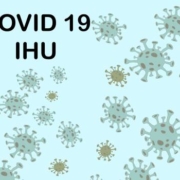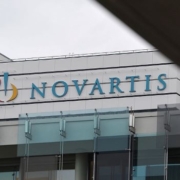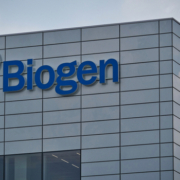The newly discovered COVID-19 variant, dubbed IHU (also known as B.1.640.2), is the latest in a long string of variants as the SARS-CoV-2 virus inches closer to either becoming endemic or burning itself out.
A team of Yale researchers found a key to unlocking the deadly mystery of brain aneurysms in adults.
Reata Pharmaceuticals Inc. announced the outcome of the U.S. Food and Drug Administration Cardiovascular and Renal Drugs Advisory Committee meeting on bardoxolone methyl for the treatment of patients with chronic kidney disease caused by Alport syndrome.
Novartis is expanding the Swiss pharma giant’s optogenetics portfolio with the acquisition of gene therapy company Arctos Medical.
A study on weight loss suggests that, apart from body mass index (BMI), the likelihood that a person will fail or succeed at shedding the pounds is linked to the genetic makeup of one’s gut microbiome.
The Novo Nordisk Foundation is partnering with the Broad Institute of MIT and Harvard University to launch a massive genetic data mining project that aims to gain deeper insight into how human genetic variants affect risk for common complex diseases.
A study in Science shed new light on the global epidemic obesity by evaluating nearly 650,000 exomes from the United Kingdom, United States and Mexico and identifying those with strong implications for body mass or obesity.
The U.S. Food and Drug Administration made the decision to grant Breakthrough Therapy Designation to Mirati Therapeutics’ adagrasib for the potential treatment of non-small cell lung cancer (NSCLC) in patients harboring the KRASG12C mutation after systemic therapy.
Biogen and Capsigen forged a strategic collaboration to engineer novel adeno-associated virus (AAV) capsids that have the potential to become transformative gene therapies that treat underlying genetic causes of various central nervous system and neuromuscular disorders.
Passage Bio Inc. and InformedDNA announced a collaboration to provide no-cost genetic counseling and testing for adults who have been diagnosed by their physicians with Frontotemporal Dementia (FTD).









